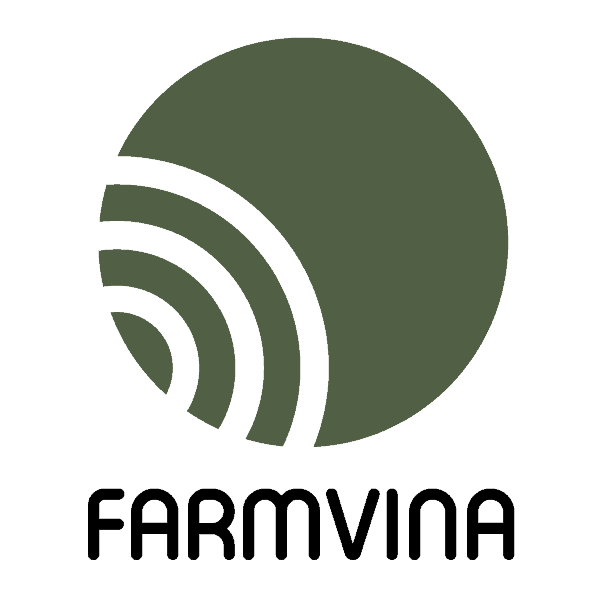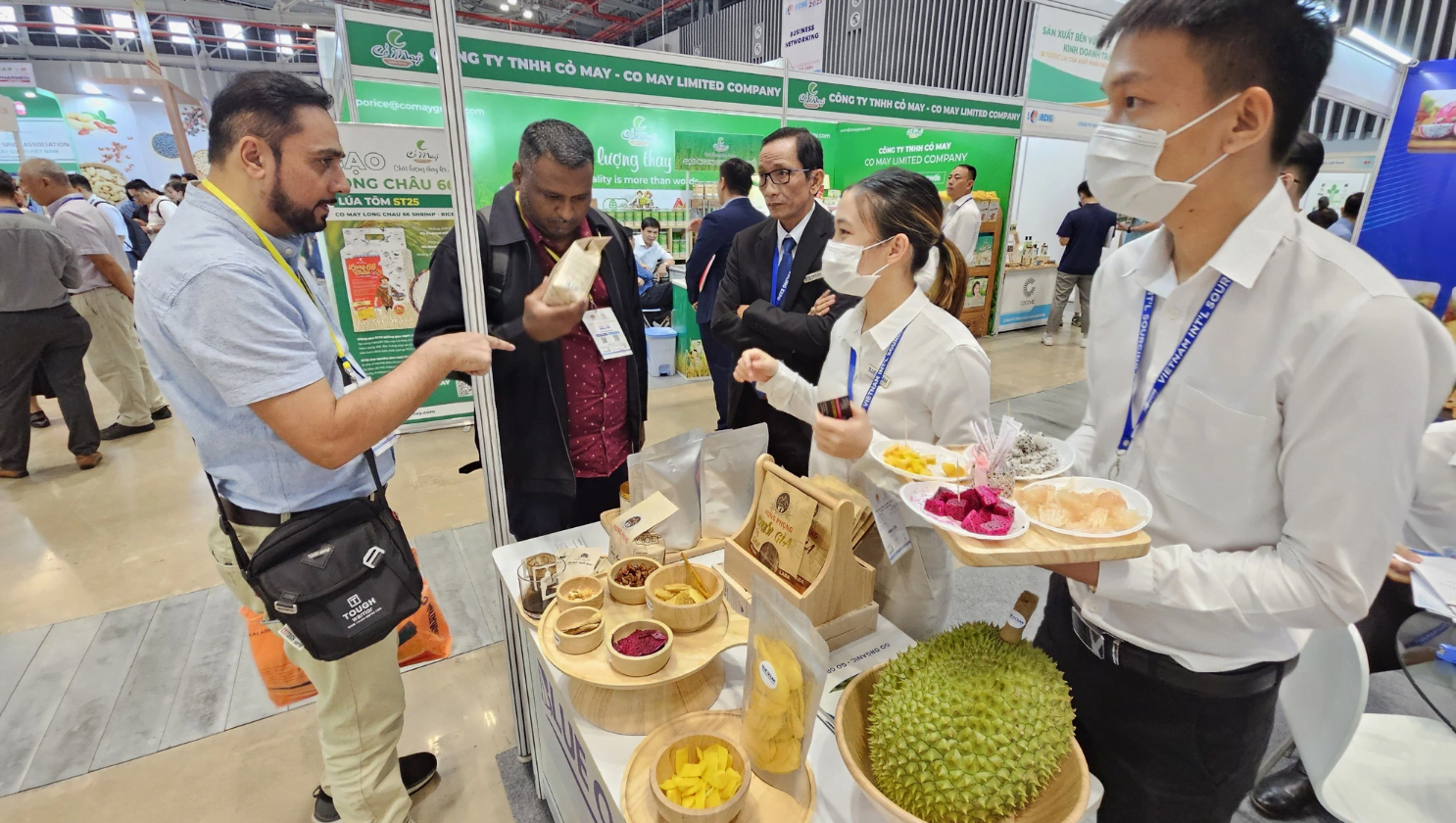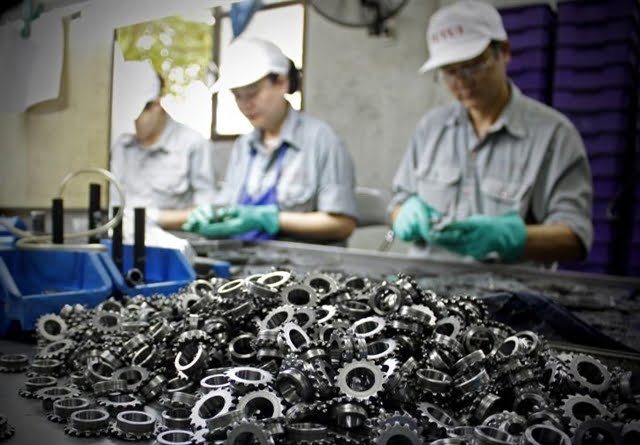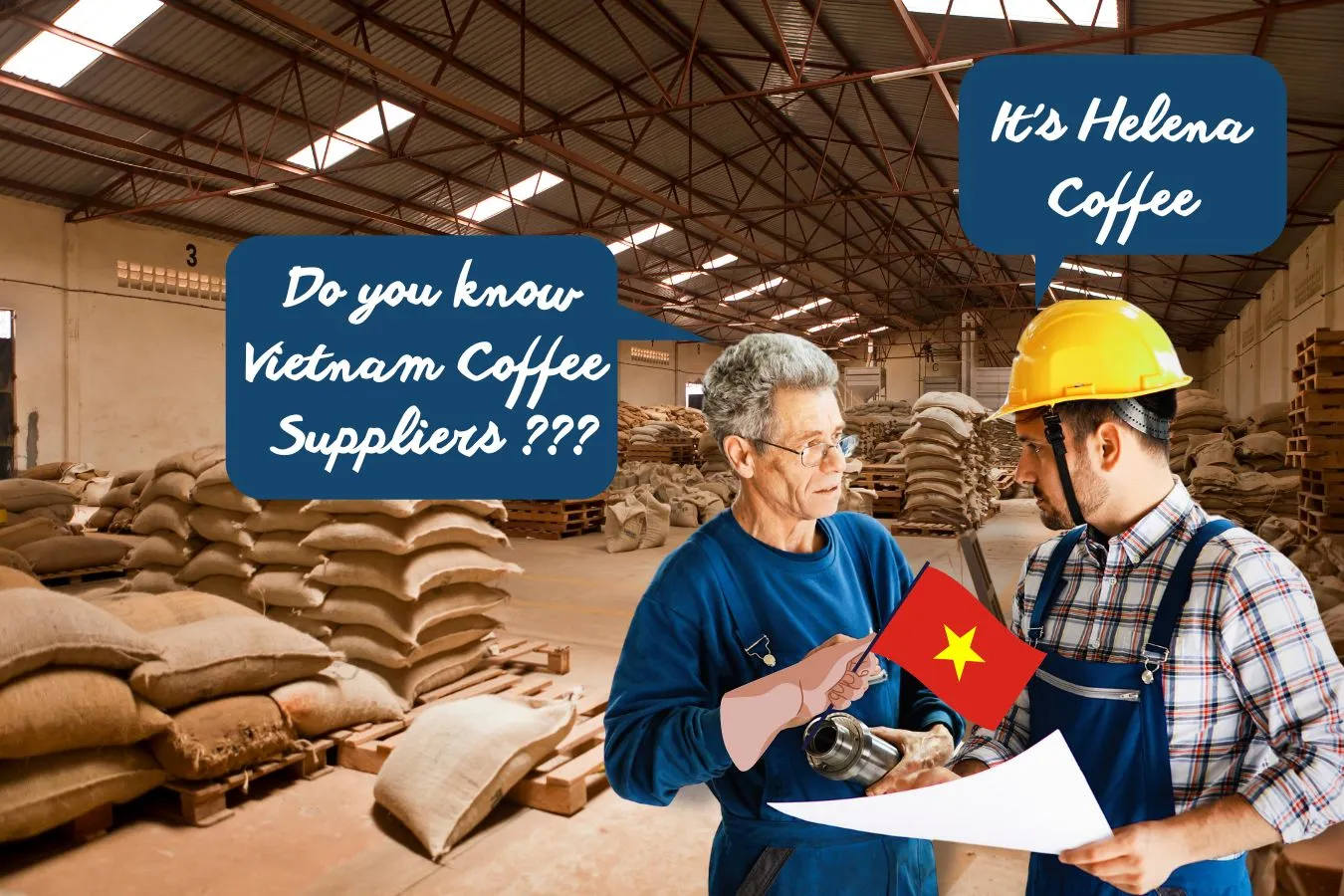Inquire about their production capacity, quality control measures, compliance with international standards, and past experience with foreign clients to ensure reliability and suitability as potential Vietnamese suppliers.
Maximizing Your Business Success: 8 Questions to Ask Your Vietnamese Suppliers
In recent years, Vietnamese suppliers have become increasingly important in the global market. With a growing economy and a skilled workforce, Vietnam has emerged as a key player in various industries, including manufacturing, textiles, electronics, and agriculture. Businesses around the world are recognizing the benefits of working with Vietnamese suppliers, such as lower production costs, high-quality products, and access to a large consumer market.
One of the main reasons why businesses should consider working with Vietnamese suppliers is the competitive pricing they offer. Vietnam has lower labor costs compared to many other countries, making it an attractive destination for outsourcing manufacturing and production. This cost advantage allows businesses to reduce their expenses and increase their profit margins. Additionally, Vietnamese suppliers often offer flexible pricing options, allowing businesses to negotiate favorable terms and conditions.
Another reason to work with Vietnamese suppliers is the high quality of their products. Vietnam has made significant investments in improving its manufacturing capabilities and infrastructure. As a result, many Vietnamese suppliers have adopted modern technologies and production processes to ensure the quality of their products. This commitment to quality has earned them a reputation for producing goods that meet international standards.
What to Look for in a Vietnamese Supplier: Quality, Reliability, and Price
When choosing a Vietnamese supplier, there are three key factors that businesses should consider: quality, reliability, and price.
Quality is crucial because it directly impacts the satisfaction of customers and the reputation of the business. Working with a supplier that consistently delivers high-quality products ensures that businesses can meet the expectations of their customers. It also reduces the risk of product defects or recalls, which can be costly and damaging to a company’s brand image.
Reliability is another important factor to consider when selecting a Vietnamese supplier. Businesses need suppliers who can consistently meet deadlines and deliver products on time. A reliable supplier ensures that businesses can fulfill their own commitments to customers and maintain a smooth supply chain. It is essential to choose a supplier with a proven track record of reliability and a strong reputation in the industry.
Price is also a critical factor to consider, especially for businesses looking to reduce costs and increase profitability. While it is important to find a supplier that offers competitive pricing, businesses should not compromise on quality or reliability. It is essential to strike a balance between cost and value, ensuring that the price reflects the quality and reliability of the products.
Question #1: Can You Provide References from Previous Clients?
When evaluating a Vietnamese supplier, it is important to ask for references from previous clients. References provide valuable insights into the supplier’s performance, reliability, and customer satisfaction. They can help businesses assess whether the supplier is a good fit for their specific needs and requirements.
When reviewing references, it is important to ask specific questions about the supplier’s performance. For example, businesses can inquire about the quality of the products, the supplier’s ability to meet deadlines, and their overall level of customer service. It is also helpful to ask for references from clients who are in a similar industry or have similar requirements, as this can provide a more accurate assessment of the supplier’s capabilities.
In addition to asking for references, businesses can also conduct their own research by checking online reviews and ratings. This can provide additional insights into the supplier’s reputation and customer satisfaction levels. By gathering as much information as possible, businesses can make an informed decision about whether to work with a particular Vietnamese supplier.
Question #2: What is Your Manufacturing Capacity?
Manufacturing capacity is an important consideration when choosing a Vietnamese supplier. It refers to the supplier’s ability to produce goods in large quantities within a specified timeframe. Understanding the supplier’s manufacturing capacity is crucial for businesses that have high-volume production needs or require quick turnaround times.
To evaluate a Vietnamese supplier’s manufacturing capacity, businesses can ask specific questions about their production capabilities. For example, they can inquire about the number of production lines, the size of their workforce, and their ability to scale up production if needed. It is also important to ask about the supplier’s experience in handling similar projects or products.
In addition to asking questions, businesses can also visit the supplier’s facilities to get a firsthand look at their manufacturing capabilities. This can provide valuable insights into the supplier’s equipment, processes, and overall efficiency. By assessing the supplier’s manufacturing capacity, businesses can ensure that they have the resources and capabilities to meet their production needs.
Question #3: What is Your Lead Time for Orders?
Lead time refers to the time it takes for a supplier to fulfill an order from the moment it is placed. It is an important consideration for businesses that have time-sensitive projects or need to meet specific deadlines. Understanding a Vietnamese supplier’s lead time is crucial for ensuring that products are delivered on time and that production schedules are met.
When evaluating a Vietnamese supplier’s lead time, businesses should ask specific questions about their order processing and fulfillment processes. For example, they can inquire about the average lead time for different types of orders, any factors that may affect lead times (such as seasonal demand or material shortages), and the supplier’s ability to expedite orders if needed.
It is also important to consider the supplier’s track record in meeting lead times. Businesses can ask for references from previous clients who have placed similar orders to assess whether the supplier has a history of delivering on time. Additionally, businesses can request a written agreement or contract that clearly outlines the expected lead times and any penalties for late deliveries.
By understanding a Vietnamese supplier’s lead time, businesses can plan their production schedules more effectively and ensure that they can meet their own commitments to customers.
Question #4: How Do You Ensure Quality Control?
Quality control is a critical factor to consider when choosing a Vietnamese supplier. It refers to the processes and procedures that a supplier has in place to ensure that their products meet the required quality standards. Working with a supplier that has robust quality control measures in place is essential for businesses that want to deliver high-quality products to their customers.
When evaluating a Vietnamese supplier’s quality control processes, businesses should ask specific questions about their quality assurance procedures. For example, they can inquire about the supplier’s testing and inspection protocols, their use of quality management systems, and any certifications or accreditations they have obtained.
It is also important to consider the supplier’s track record in maintaining quality standards. Businesses can ask for references from previous clients who have received products from the supplier to assess whether they have consistently met quality requirements. Additionally, businesses can request samples or prototypes to evaluate the quality of the supplier’s products firsthand.
In addition to asking questions, businesses can also conduct site visits to observe the supplier’s quality control processes in action. This can provide valuable insights into their attention to detail, adherence to standards, and overall commitment to quality.
By evaluating a Vietnamese supplier’s quality control processes, businesses can ensure that they are working with a reliable partner who can consistently deliver high-quality products.
Question #5: What is Your Payment and Shipping Policy?
Payment and shipping policies are important considerations when choosing a Vietnamese supplier. They determine how payments are made, when they are due, and how products are shipped and delivered. Understanding a supplier’s payment and shipping policies is crucial for ensuring smooth transactions and timely delivery of goods.
When evaluating a Vietnamese supplier’s payment policy, businesses should ask specific questions about their preferred payment methods, payment terms (such as upfront payments or installment plans), and any discounts or incentives for early payments. It is also important to inquire about any additional fees or charges that may be associated with payments.
In terms of shipping policy, businesses should ask about the supplier’s preferred shipping methods, shipping costs, and estimated delivery times. It is also important to inquire about the supplier’s ability to handle customs clearance and any additional documentation or paperwork that may be required.
It is also important to consider the supplier’s track record in handling payments and shipping. Businesses can ask for references from previous clients who have made payments or received shipments from the supplier to assess their reliability and efficiency. Additionally, businesses can request a written agreement or contract that clearly outlines the payment and shipping terms.
By understanding a Vietnamese supplier’s payment and shipping policies, businesses can ensure that they are aligned with their own financial and logistical requirements.
Question #6: How Do You Handle Communication and Language Barriers?
Communication and language barriers can be a challenge when working with Vietnamese suppliers. It is important to choose a supplier who can effectively communicate in a language that both parties understand to avoid misunderstandings and delays.
When evaluating a Vietnamese supplier’s communication capabilities, businesses should ask specific questions about their language proficiency and their ability to communicate in writing, over the phone, and in person. It is also important to inquire about their responsiveness to inquiries and their preferred communication channels (such as email, phone, or video conferencing).
In addition to asking questions, businesses can also assess the supplier’s communication skills during the initial interactions. This can provide insights into their ability to understand and respond to inquiries in a timely manner. It is also helpful to consider the supplier’s track record in communication by asking for references from previous clients who have worked with them.
To overcome language barriers, businesses can consider hiring a translator or interpreter who can facilitate communication between both parties. This can help ensure that information is accurately conveyed and understood by both parties.
By evaluating a Vietnamese supplier’s communication and language capabilities, businesses can ensure that they can effectively communicate and collaborate throughout the business relationship.
Question #7: What is Your Sustainability Policy?
Sustainability is an increasingly important consideration for businesses in today’s global market. Working with suppliers who have a strong commitment to sustainability can help businesses meet their own environmental and social responsibility goals.
When evaluating a Vietnamese supplier’s sustainability policy, businesses should ask specific questions about their environmental practices, social initiatives, and ethical sourcing policies. For example, they can inquire about the supplier’s efforts to reduce waste and energy consumption, their use of renewable resources, and their compliance with environmental regulations.
It is also important to consider the supplier’s track record in sustainability. Businesses can ask for references from previous clients who have worked with the supplier to assess their commitment to sustainability. Additionally, businesses can request documentation or certifications that demonstrate the supplier’s compliance with sustainability standards.
By choosing a Vietnamese supplier with a strong sustainability policy, businesses can align themselves with suppliers who share their values and contribute to a more sustainable future.
Question #8: How Do You Handle Intellectual Property Rights?
Intellectual property rights are an important consideration when working with Vietnamese suppliers, especially for businesses that rely on proprietary technology, designs, or processes. It is crucial to choose a supplier who respects and protects intellectual property rights to avoid any legal or reputational risks.
When evaluating a Vietnamese supplier’s approach to intellectual property rights, businesses should ask specific questions about their policies and procedures for protecting confidential information and intellectual property. For example, they can inquire about the supplier’s confidentiality agreements, non-disclosure agreements, and any measures they have in place to prevent unauthorized use or disclosure of intellectual property.
It is also important to consider the supplier’s track record in handling intellectual property rights. Businesses can ask for references from previous clients who have shared confidential information or intellectual property with the supplier to assess their trustworthiness and reliability. Additionally, businesses can consult with legal experts or intellectual property specialists to ensure that their rights are adequately protected.
By choosing a Vietnamese supplier who values and protects intellectual property rights, businesses can mitigate the risk of unauthorized use or disclosure of their proprietary information.
Building Strong Relationships with Vietnamese Suppliers for Long-Term Success
In conclusion, working with Vietnamese suppliers can offer businesses numerous benefits, including competitive pricing, high-quality products, and access to a large consumer market. When choosing a Vietnamese supplier, it is important to consider factors such as quality, reliability, price, manufacturing capacity, lead time, quality control, payment and shipping policies, communication and language capabilities, sustainability policies, and intellectual property rights.
By asking the right questions and conducting thorough evaluations, businesses can select Vietnamese suppliers who are a good fit for their specific needs and requirements. Building strong relationships with these suppliers is crucial for long-term success. It allows businesses to establish trust, improve collaboration, and achieve mutual growth and profitability.
In conclusion, businesses considering working with Vietnamese suppliers should carefully evaluate their options and choose partners who can meet their needs in terms of quality, reliability, price, and other important factors. By doing so, they can tap into the benefits of working with Vietnamese suppliers and position themselves for long-term success in the global market.
Originally posted 2024-04-05 10:18:33.





